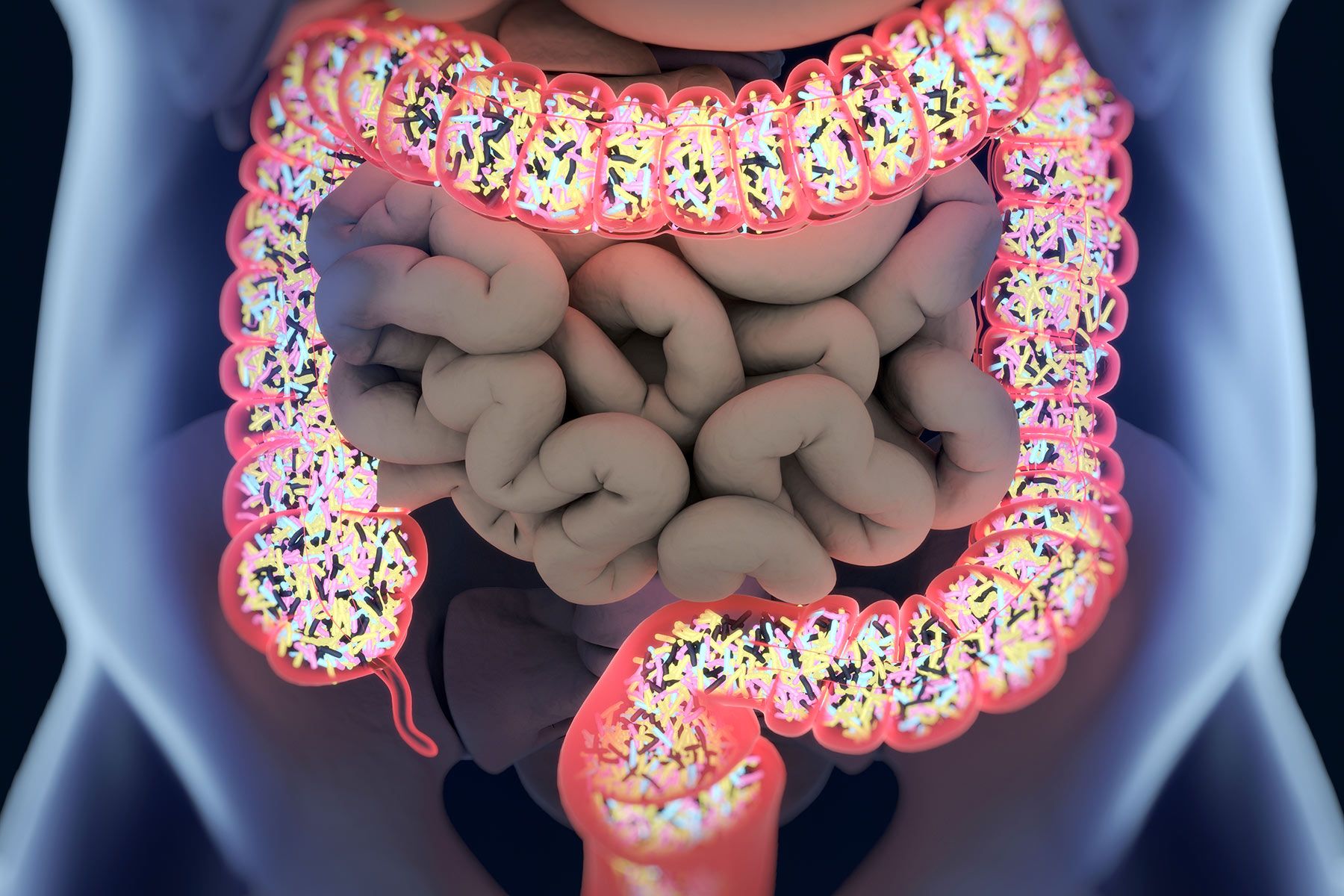WEDNESDAY, January 13, 2021 (HealthDay News) – The bacteria in your gut may play a role in the severity of your COVID-19 infection and the strength of your immune system’s response, a new study suggests.
In addition, imbalances in the microbiome can cause ongoing inflammatory symptoms, often referred to as “long distance” COVID, the researchers added.
“The imbalance in the microbiome contributes to the severity of COVID-19 and, if it persists after viral elimination, can contribute to persistent symptoms and syndromes of multisystemic inflammation, such as long COVID syndrome,” said lead researcher Dr. Siew Ng, professor at the Institute of Digestive Diseases at the Chinese University of Hong Kong.
“Restoring the missing beneficial bacteria can increase our immunity against the SARS-CoV2 virus and accelerate recovery from the disease,” she said. “Managing COVID-19 should not only aim to eliminate the virus, but also to restore the intestinal microbiota.”
The study, however, cannot prove that imbalances in the microbiome make COVID-19 more serious, only that there appears to be an association between the virus and bacteria in the gut, Ng said.
But evidence is growing that intestinal bacteria are associated with inflammatory diseases, she noted.
For the study, the researchers studied blood and stool samples from 100 patients with COVID-19 and 78 people without the infection who were part of a microbiome study before the start of the pandemic.
They found that in 274 stool samples, the intestinal microbiome differed significantly between patients with and without COVID-19, regardless of whether they received drugs, including antibiotics.
For example, those with COVID-19 had fewer types of bacteria that can affect the immune system’s response than those without the infection. The reduced number of these bacteria was related to the severity of the infection.
In addition, the number of these bacteria remained low until 30 days after infected patients eliminated the virus, the researchers found.
COVID-19 activates the immune system to produce inflammatory cytokines and, in some cases, this response can be excessive, causing widespread tissue damage, septic shock and organ failure.
Analysis of blood samples revealed that microbial imbalance in patients with COVID-19 was associated with high levels of inflammatory cytokines and blood markers of tissue damage, such as C-reactive protein.
